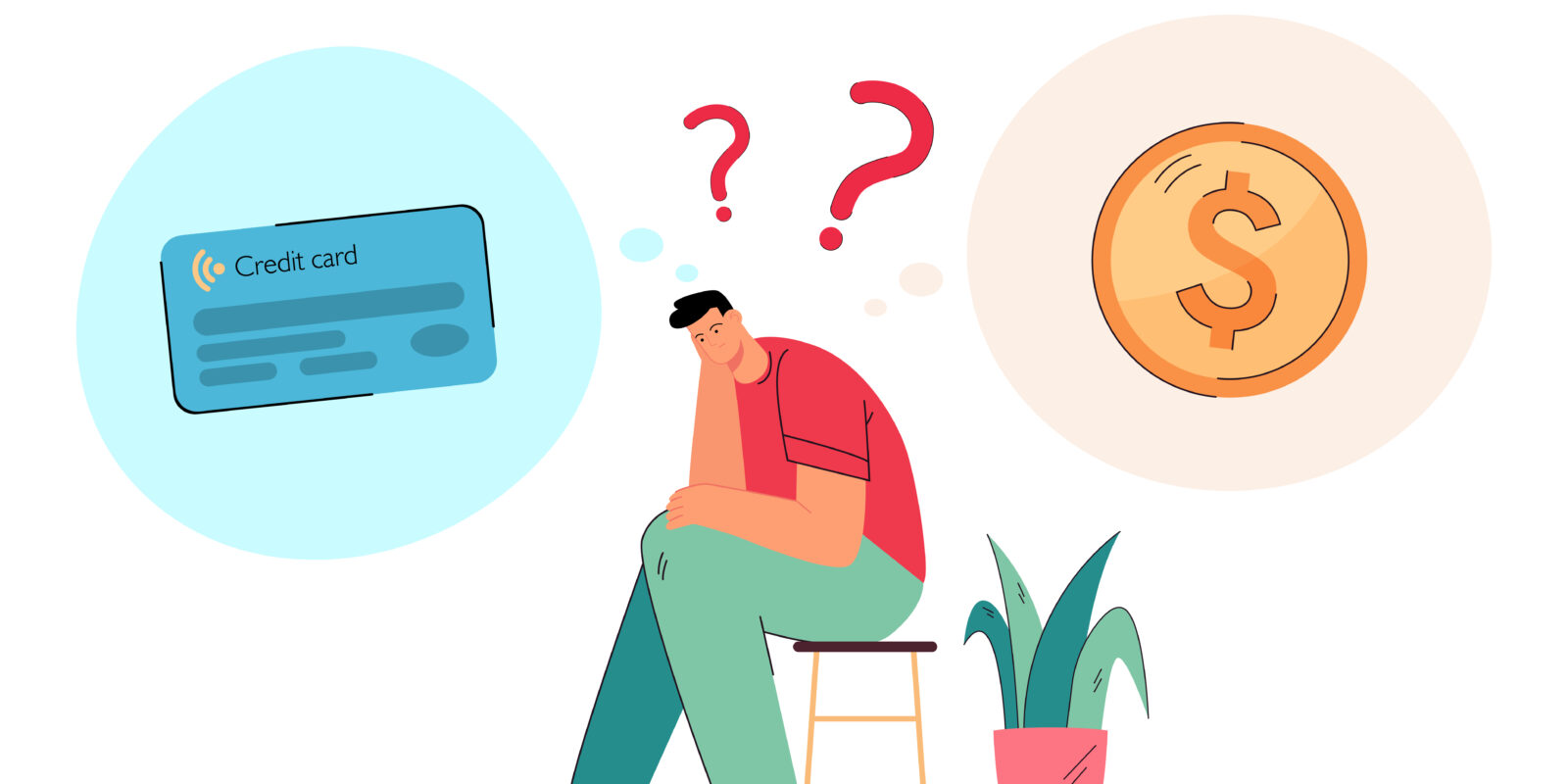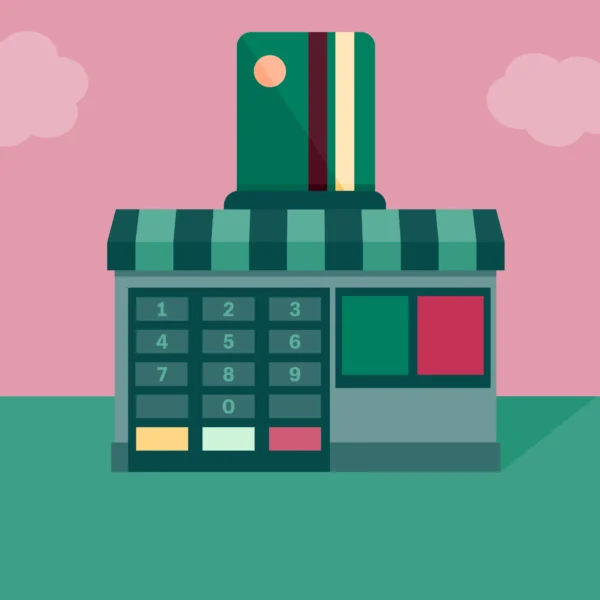Choosing ‘credit’ while making a debit card purchase might influence your benefits, merchant fees, and transaction processing.
A debit card may replace cash, checks, or credit cards. Many debit cards feature a credit network logo, like Visa® or Mastercard®, allowing you to pay using credit at businesses that accept them.
Choosing “debit” or “credit” while purchasing with a debit card doesn’t make any difference. However, there are some important considerations.
Both choices have certain functional differences.
- The debit option, often known as online or PIN-based debit, allows you to…
- Your PIN may be needed to complete the transaction.
- Take out money from your account.
- Your bank account will reflect the transaction instantly.
- The credit option, often known as offline debit or signature-based debit, allows you to…
- Swipe or insert card and sign to pay.
- It may take several days for your bank account to complete the transaction.
4 Tips for choosing
Choosing debit speeds up the transaction.
When you pick debit, your transaction information is transferred via EFT. For purchase authorization, clearing, and settlement, the network uses one transmission.
This means the transaction appears immediately in your bank account. Direct bank account access lets you withdraw cash with your purchase.
Using a debit card with a signature (credit option) routes transaction information via the same networks as credit cards. Like credit cards, the transaction may be pending in your bank account for many days until it is approved, cleared, and settled.
Choosing debit might save the retailer money.
Every debit or credit card purchase costs merchants. The cost varies per retailer, merchant payment processor, and credit card type (rewards vs. non-rewards).
Large banks and credit unions no longer charge different fees for signing or using a PIN for debit cards. In 2010, the Durbin amendment to the Dodd-Frank Wall Street Reform and Consumer Protection Act required the Federal Reserve to restrict debit card interchange fees for retailers.
But debit card issuers with less than $10 billion in assets are immune from interchange fee limitations and regulations. PIN-based debit transactions from exempt issuers usually cost retailers extra. Consumers are unaffected, but your option may save the retailer money.
Credit cards may provide greater cardholder perks.
Card networks may provide 0% responsibility for fraudulent debit card transactions if you use credit and sign. The safeguard might help you be compensated for an unlawful debit card payment if the server adds an additional zero to the tip or swipes your card twice.
Although rare, some debit cards provide benefits. Depending on the issuer, only signature-based purchases may earn points.
Choosing credit won’t develop credit.
When you use credit, your purchases may create credit. Quite the contrary. Debit cards behave like debit cards even when you use credit, even if PIN and signature transactions vary.
Debit cards have no ongoing balance. You spend money from your bank account, not on credit. Debit card accounts and account activity are not reported to credit agencies, thus they do not influence credit ratings.
Consider opening a credit card if you want to build credit
Using a credit card may help you develop credit. Credit cards give incentives and other perks. No interest is charged on purchases if you pay your payment in whole and on time each month.
Credit cards without annual fees include rewards cards. Cards without international transaction fees might save you money if you go abroad.
Answers to Frequently Asked Questions
- Which is safer: using debit or credit? In general, credit cards provide stronger fraud protection.
- Can I better manage my money by using a debit card? Debit cards do have the ability to restrict spending to the amount of money available.
- Does making use of a credit card affect my credit rating? Indeed, using a credit card sensibly may raise your credit score.


